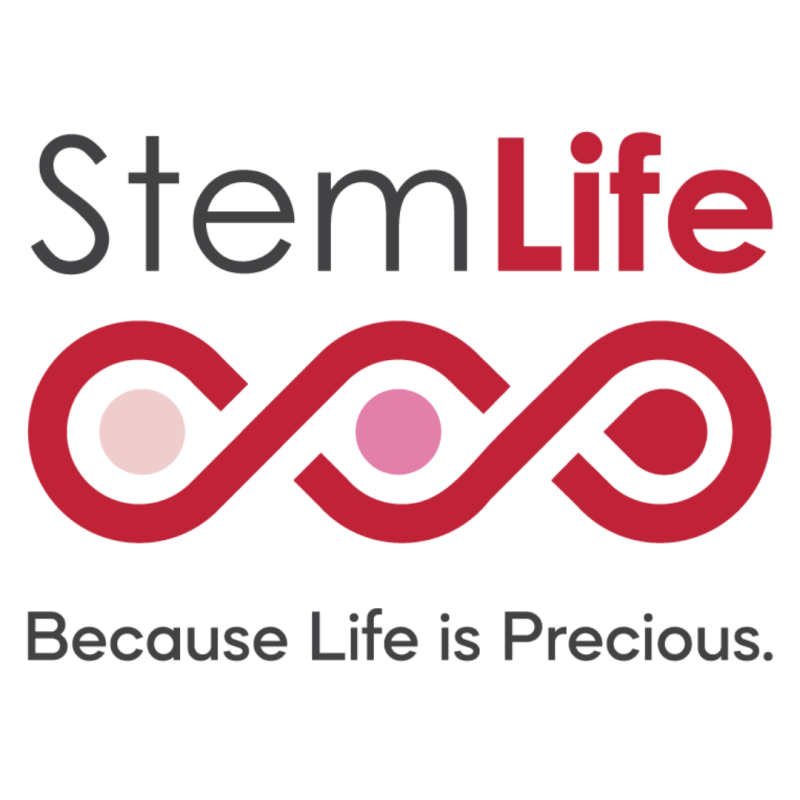About Non-Invasive Prenatal Testing (NIPT)
As the baby grows in the mother’s womb, a small amount of the baby’s DNA will enter the mother’s bloodstream. NIPT is a non-invasive blood test that able to screen the baby’s DNA for certain abnormalities caused by extra or missing chromosome material.
A Non-invasive Blood Test That Screens For Common Chromosomal Abnormalities
As Early As 10th Week Of Gestation.
Up to 142 conditions including trisomies, sex chromosomes and microdeletions.
Can be performed as early as on the 10th week of pregnancy.
More than 99% accurate.
Option to know your baby’s
gender.
Whole Genome Sequencing (WGS)
method is employed for
comprehensive coverage of all
chromosomes.
Tested by internationally-certified laboratory
in South Korea.
Up to US$300^ confirmatory testing subsidy
for patients with reported
high-risk chromosomal abnormalities.

 中文 (中国)
中文 (中国) Bahasa Melayu
Bahasa Melayu